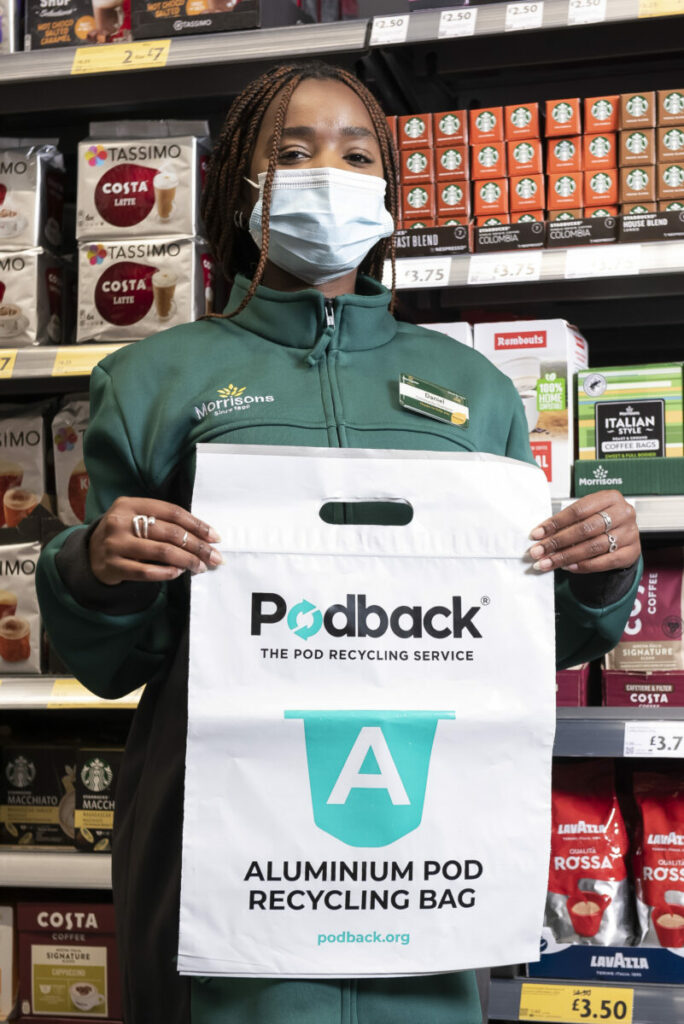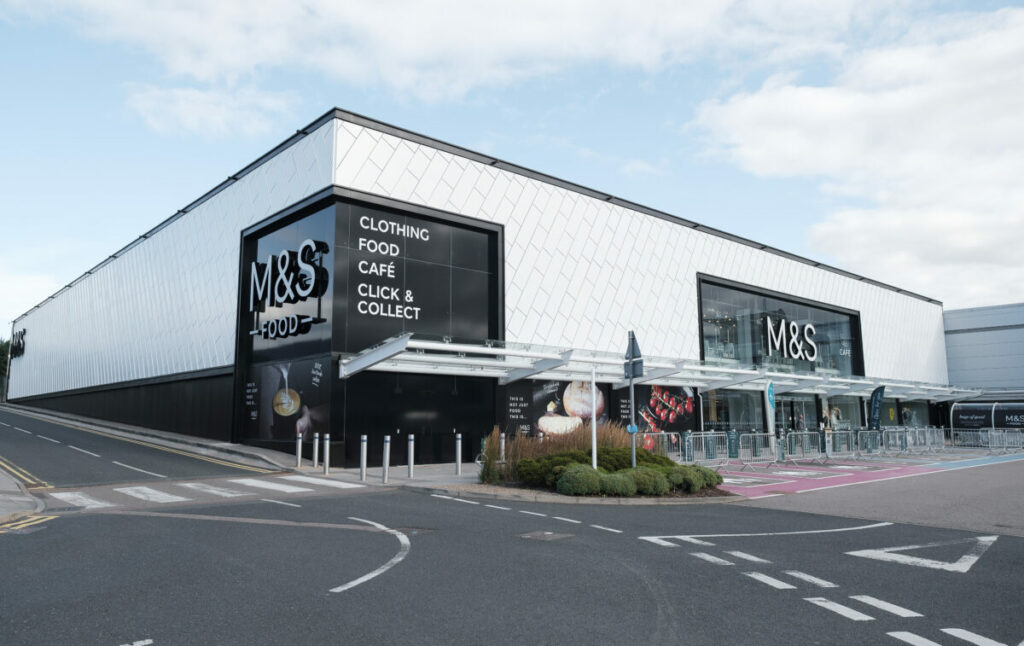Asos has recently appointed Anna Maria Rugarli – a sustainability and corporate social responsibility expert with more than twenty years of experience across the fashion sector – as its chair of ESG committee and non-executive director.
The fast fashion company said she will be creating strategies to address environmental and social challenges faced by the fashion industry today, as well as providing end-to-end oversight through implementation and roll-out.
Indeed, Rugarli – who currently serves as a board member at Prada Group -.has an impressive CV.
She spent 11 years at VF Corporation (which owns Vans, Timberland and The North Face) owner as sustainability and responsibility director and circular economy lead, and was previously senior corporate social responsibility manager at Nike.
But is she the right woman for a retail brand that has been in and out of news for its sustainable mishaps?
Subscribe to Sustainability Beat for free
Sign up here to get the latest sustainability news sent straight to your inbox each morning
Rugarli leading circular shopping
In 2018, Rugarli led the way to VF Corporation exploring new circular economy initiatives. Since then, the fashion giant has implemented rental services, a second-hand market and created numerous products with a circular design.
As reported in Fashion United, the sustainability team at VF Corporation took seven years to set out its initial sustainability strategy.
“We needed to do our homework,” said Rugarli, at the time.
“We looked at how we could better engage with our consumers, how to address the issues they are interested in and how to make sure our businesses would stay relevant while working on sustainability.”
Asos is already some way down this particular part of its sustainability journey, having launched a circular design collection last summer, in partnership with the Ellen MacArthur Foundation. The retailer intends that 100% of its own-brand products will be made from recycled or more sustainable materials by 2030, with pathways in place for prioritising high-impact materials.
Social sustainability
As well as focusing on the fashion, Rugarli also encouraged employees do more volunteer work in order to give back to their local community.
As a result, Timberland partnered with King Baudouin Foundation to support the creation, maintenance and improvement of green spaces in five European cities over five years, through a grant scheme called My PlayGreen.
“We are literally trying to create positive movement among our workers and customers in addressing social issues,” said Rugarli.
Asos has already set out ambitious targets for the ‘people’ pillar of its sustainability goals, aiming for 100% of Asos own-brand products to have supply chains mapped to farm by 2030. It is also looking to build transparency in other areas, such as worker wages, union membership and audit results.
Science-based targets
As reported by edie, Rugarli has previously been a huge advocate for working specifically to science-based carbon reduction and net zero targets, giving companies a clearly-defined path to reduce emissions in line with the Paris Agreement goals. Working towards these clear, science-based goals would be a significant move if adopted by Asos.
“Science-based targets are very important,” Rugarli said, while working at VF Corporation.
“We need to be accountable for what we promise, and this will help our commitments. It will create a common language and allow companies to work together on a common metric,” she added.
“Sustainability is a pre-competitive advantage, and [working to science-based targets] will help change systems and industries to create positive impact.”
Already working with decarbonisation targets aligned with the Paris Agreement and verified by the Science Based Targets initiative (SBTi), Asos is looking to reduce Scope 1 and 2 emissions by 87% by 2030. It also aims to have two-thirds of third-party brands (Scope 3) signed up to setting targets in line with SBTi requirements by 2025.
As Asos has recently come under fire after new research reported that it fails to meet minimum cotton standards for both transparency and fair labour, it’ll be interesting to see what changes Rugarli implements over the next few months at the fashion retailer.















